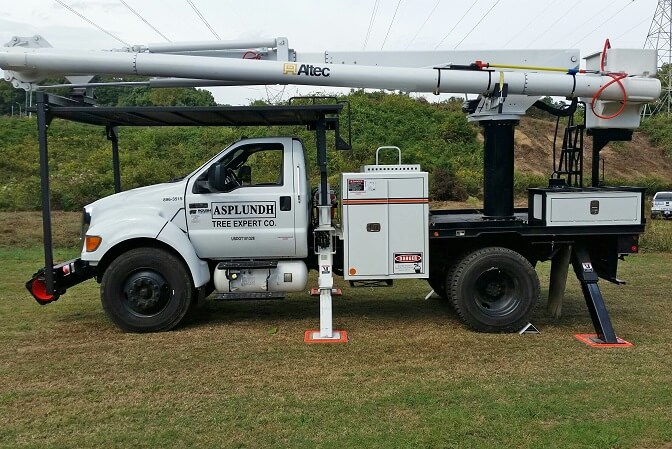
Fuel Fact Check: Commercial fleets
Claim: Choosing American-made propane autogas can help you avoid the uncertainty of diesel pricing.
There’s a reason why more than 27 million vehicles, including delivery, towing and construction trucks, travel around the world with propane autogas in their fuel tank. Propane autogas is more economical than diesel because it costs less to fuel, requires less maintenance and is not much affected by oil prices.
When fleets consider fuel economy, propane autogas supports their budget. On average, propane costs 40% to 50% less than diesel, and it has a higher octane rating, which means better performance. In addition, the volatility of oil prices doesn’t impact propane as it does diesel because propane is a domestic fuel. About 90% of propane used in the U.S. is produced in the U.S., with another 7% from Canada.
While there is an upfront cost associated with converting a vehicle or buying a new propane autogas model, the low cost of the fuel compared with diesel translates to a quick return on investment. Most fleets that make the switch recoup their investment within two years of use.
Another factor in pricing is maintenance. Diesel engines require additional fluids, fuel additives, filters and other maintenance outside of what is outlined in the OEM warranty. Propane does not. In order to meet emissions standards, diesel vehicles require expensive equipment and about 15 extra components that need to be maintained. Consider the following:
- A diesel oil filter costs two to three times more than a gasoline or propane autogas oil filter;
- Filter packages cost about 60% less on propane vehicles than on diesel vehicles; and
- A Ford 6.8L engine in a Class 4-7 propane vehicle takes seven quarts of oil, whereas a diesel engine takes over 30 quarts of oil.
It is also worth noting that propane autogas is readily available. There are thousands of propane autogas fueling stations in the U.S., with stations in every state. Propane has the lowest cost of infrastructure of all transportation fuels, and many propane providers include station installation costs in exchange for a fuel contract. Having an annual propane fuel contract in place helps avoid cost uncertainty, allowing fleet managers to budget better, too.
In addition, many fleet managers elect to install low- or no-cost on-site fueling infrastructure, eliminating trips to off-site stations.
Bottom line? Choosing propane autogas over diesel helps commercial fleets avoid the uncertainty of diesel pricing. With that said, there is no price associated with the ultimate benefit of propane — which is improving air quality and, ultimately, human health.
Todd Mouw is president of ROUSH CleanTech, a provider of alternative fuel vehicle technology. He was also formerly president of the NTEA Green Truck Association. Mouw can be reached at todd.mouw@roush.com.





